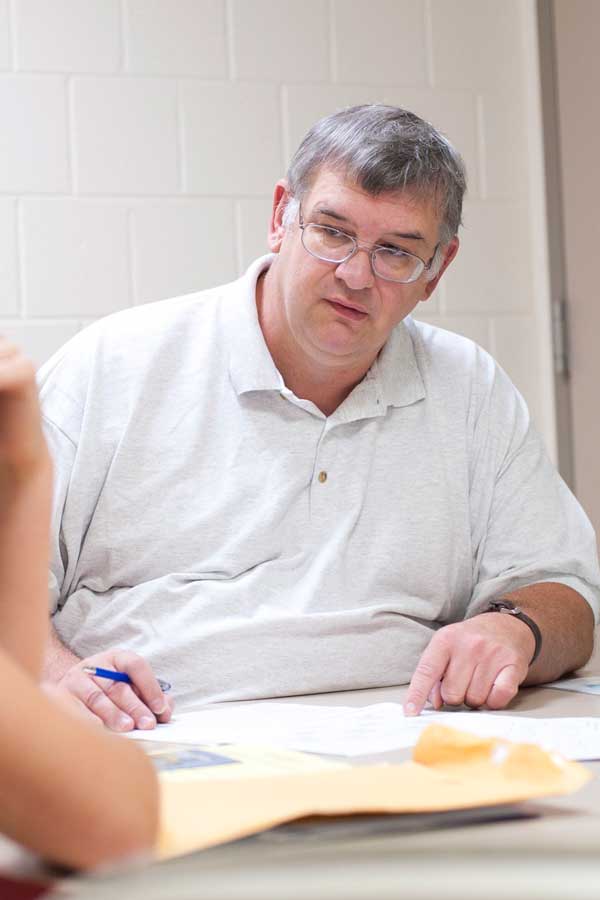
Physical Sciences - BS
Get a broad, scientific background in the physical sciences disciplines, which will make you valuable in a variety of work settings, including solving practical problems.
What will I learn?
You’ll take a variety of courses in physics, chemistry, biology, math and general education, then you’ll choose either the biology or chemistry track. You’ll hone your experimental skills by working in the lab and conducting independent research.

What can I do with a degree in physical sciences?
Having this broad scientific background will prepare you for several positions in a variety of businesses and industries.
Job titles:
- Chemist
- Biologist
- Science teacher
- Lab technician
Employers:
- Petroleum industry
- Construction firms
- State and federal government
- Environmental organizations
- Law firms
-
BIOL 1302
MicrobiologyPrinciples of microbiology and immunology including the morphology, physiology, taxonomy, genetics and ecology of micro-0rganisms. Viruses, prokaryotes and eukaryotic micro organisms including algae, fungi and protozoa will be studied. -
CHEM 1301
Physical Chemistry 1Fundamental concepts of physical chemistry including the structure of matter, principles and application of thermodynamics, chemical equilibria, phase rule, reaction rates, and electrochemistry.
Program-Related News

New partnership announced with Northeast College
Agreement allows Pitt-Bradford students to earn Doctor of Chiropractic in three years.

Mintz’s successful career enables gift
Scholarship to benefit students in natural sciences.

Graduates head to police academy, graduate school
New grads include first environmental engineering technology graduate.